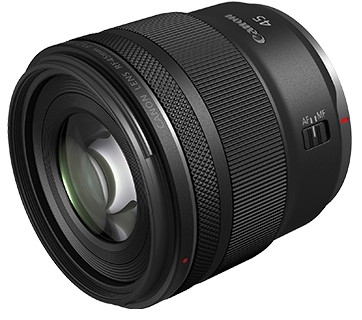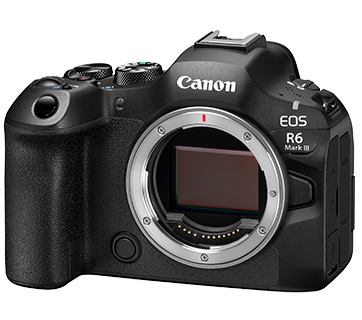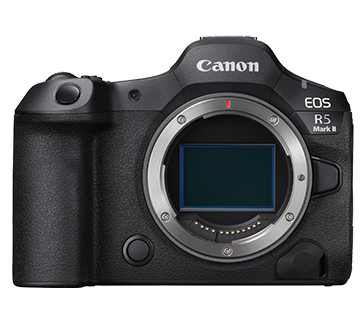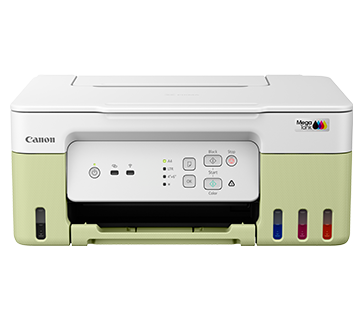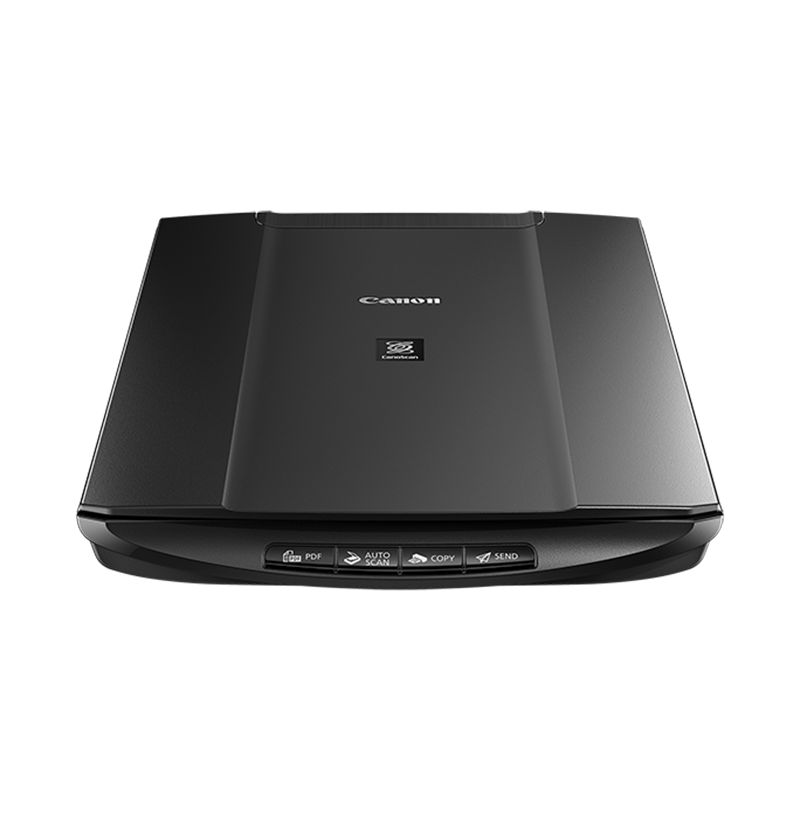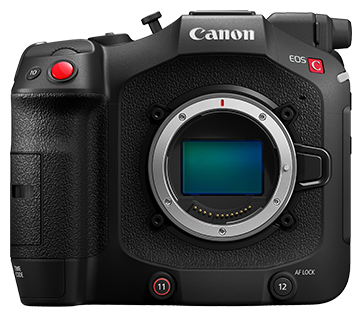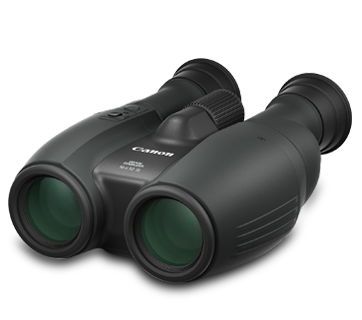Setting the AF frame (Set the AF frame to Face Detect)
Solution
When you set [AF Frame] to [Face AiAF], the camera will recognize the face of the subject, and the [AF Frame] will start to follow the targeted face. This setting is useful when shooting portraits because the face can be easily brought into focus.
This section explains the process of setting [AF Frame] to [Face AiAF].
CAUTION
- In this section, [PowerShot A3100 IS] is used as an example to explain the operations. Depending on your model, the position of buttons, screen indications, and setting items may vary.
- When the [Shooting Mode] is set to [AUTO] (
 ), [Easy]* (
), [Easy]* ( ), [Smile]* (
), [Smile]* ( ), [Wink Self-Timer]* (
), [Wink Self-Timer]* ( ), [Face Self-Timer] (
), [Face Self-Timer] ( ) or [Low Light] (
) or [Low Light] ( ), [AF Frame] will automatically be set to [Face AiAF]; therefore, it is not required to perform the following procedures.
), [AF Frame] will automatically be set to [Face AiAF]; therefore, it is not required to perform the following procedures. - If a face is not detected and only gray frames (no white frame) appear, the setting will change to [AiAF]. (From the nine AF frames, an [AF Frame] will be automatically selected to bring the image into focus.)
- The following explanations are provided based on the assumption that the [Shooting Mode] is set to [Program] (
 ).
). - In the following shooting modes, you cannot set the [Face AiAF].
- [Fish-eye Effect]* ( ), [Fireworks] (
), [Fireworks] ( ), [Stitch Assist]* (
), [Stitch Assist]* (
 )
)
 ), [Fireworks] (
), [Fireworks] ( ), [Stitch Assist]* (
), [Stitch Assist]* (
 )
)* Only applicable to supported models.
1. Press the <Power> button on the camera.

2. Press the <MENU> ( ) button.
) button.
 ) button.
) button.
3. The following screen appears.

Operate the <directional buttons> to select  the [Shooting] (
the [Shooting] ( ) tab.
) tab.
 the [Shooting] (
the [Shooting] ( ) tab.
) tab.Operate the <directional buttons> to set  [AF Frame] to [Face AiAF].
[AF Frame] to [Face AiAF].
 [AF Frame] to [Face AiAF].
[AF Frame] to [Face AiAF].After the settings are completed, press the <MENU> ( ) button.
) button.
 ) button.
) button.When [Face AiAF] is set, the [AF Frame] will start to follow the targeted face.

With this setting, you can easily bring the face into focus and prevent the subject from becoming out of focus during shooting.


